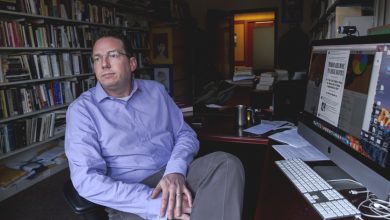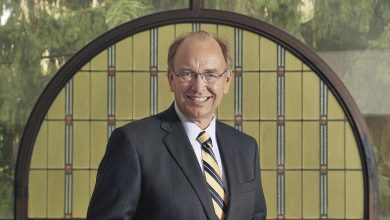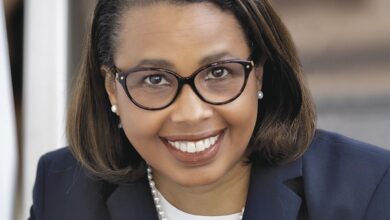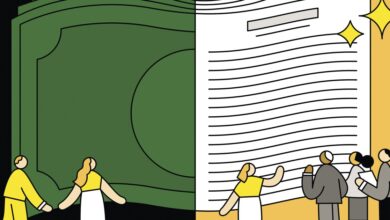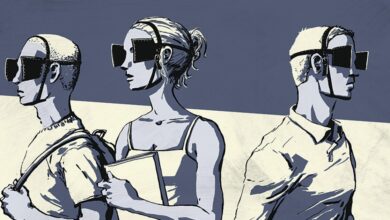In Heated Hearing, Lawyer Says Professors Who Sued U. of Florida Have ‘Unclean Hands’
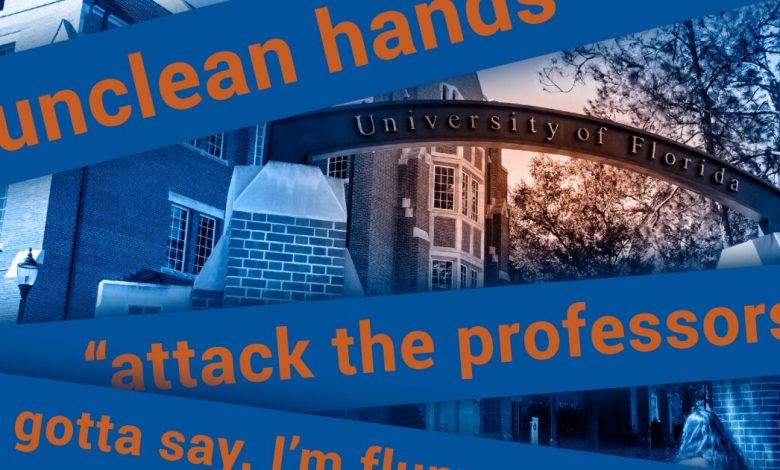
[ad_1]
A lawyer representing the University of Florida’s Board of Trustees, its president, and two senior administrators said at a Friday court hearing that three political-science professors who filed a lawsuit against his firm’s clients have “unclean hands” and had engaged in “misconduct.”
The three scholars — Daniel A. Smith, Michael McDonald, and Sharon Wright Austin — sued after the university denied their requests to participate as expert witnesses in voting-rights litigation that challenged the state. They had been told, under the university’s conflicts-of-interest policy, that participating in such work was “adverse” to the university’s interests as a state institution. News of the denials brought a wave of backlash, and the university quickly reversed course.
In November, Smith, McDonald, and Austin sued in federal court, arguing that their First Amendment rights had been violated and that the conflicts-of-interest policy is unconstitutional. Three other University of Florida faculty members joined the lawsuit. The scholars’ interest in “speaking freely on a matter of public concern far outweighs any interest that the State may have in censoring their testimony,” the complaint says.
Lawyers representing the University of Florida parties argued in a filing that the case should be booted from court, partly because it’s moot. The plaintiffs “simply refuse to take yes for an answer,” the motion to dismiss says. And, the lawyers point out, the conflicts-of-interest policy was revised. (The plaintiffs have argued that, even with revisions, the policy remains unconstitutional.)
On Friday afternoon, at a court hearing held over the phone, the parties appeared before Mark E. Walker, chief judge of the U.S. District Court for the Northern District of Florida, to present arguments regarding the plaintiffs’ motion for a preliminary injunction.
H. Christopher Bartolomucci, a partner at a Washington D.C.-based firm representing the UF defendants, threw a curveball. Bartolomucci, of Schaerr Jaffe LLP, told the court that “just two days ago” facts came to their attention that “should fundamentally change” how the court views this case.
The university’s policy is clear, he said, that a faculty member may not engage in outside work “unless and until” it’s approved by the university.
“We now know,” he said, that Smith, Austin, and McDonald were actively working as experts before they submitted their requests, and that they continued to work as experts after the university denied their requests. Bartolomucci proceeded to recite a number of dates on which the scholars had contributed to work on the litigation.
Yet these facts are “nowhere to be found” in the plaintiffs’ complaint or in their submitted declarations, Bartolomucci said. They have “misled” their employer, the defense counsel, and this court, he said. And their “misconduct,” he said, affects the case in several ways. For one, the plaintiffs have “unclean hands,” he said. Also, “there’s no chilling effect,” as the plaintiffs have argued, because “the policy didn’t chill them.”
In response, David A. O’Neil, a partner at Debevoise & Plimpton LLP, which is one of the firms representing the scholars, said that Bartolomucci had done “an excellent job” explaining the chill that the plaintiffs and other faculty members are subject to. Far from distancing themselves from their denial decisions, the defendants are now “doubling down” and making it clear that the plaintiffs may be subject to punishment for refusing to follow what the scholars strongly believe is an unconstitutional restraint on their speech.
O’Neil pointed out later in the hearing that Smith had never denied doing work on the voting-rights litigation before getting UF’s approval, because he didn’t think the university would object. “It had always encouraged him to do this before,” O’Neil said.
He also said during the hearing that the case is not about what has happened in the past. “It’s about what will happen under this policy.” The faculty members jobs, O’Neil said, are to “create an environment” in which “the creation and sharing of knowledge, for the good of the people of Florida, is encouraged.” But the defense, instead of saying “what should be obvious — we will not discriminate against speech based on viewpoint” — has instead “attacked faculty members” who have been at this university for years.
Walker, the judge, was clearly taken aback by Bartolomucci’s abrupt turn. The judge said he was “perplexed” that Bartolomucci would suggest these were newly discoverable facts when the defense had not formally asked for discovery, and the information, as far as the judge could tell, was all part of the public record. “I gotta say, I’m flummoxed.” He pressed Bartolomucci on how this was possible.
The lawyer started to respond, saying, “We first learned” of the facts Wednesday night.
Walker cut him off. Bartolomucci had gone about this in a “squirrely” way, scolded the judge. Now, Walker was “agitated.”
The university’s lawyer had gone about this in a “squirrely” way, Judge Walker scolded. Now, the judge was “agitated.”
“You are going to answer my question directly.” He then threatened to “call you to Tallahassee” and place him under oath, something he’d done to a lawyer just once before. Walker commanded Bartolomucci to answer his question. “Are you saying, ‘Judge, I was just incompetent and didn’t bother to pull the public records to see what they were dated?’ Is that the answer?”
When, Walker asked, did Bartolomucci suddenly decide to “drop this bombshell” and “attack the professors” by saying they have “unclean hands”?
Bartolomucci responded that in the court documents, Smith, McDonald, and Austin had provided “no notice or hint” that they were engaged in their expert-witness work before and after their denials.
But why, Walker asked, would that information be in their affidavits? He went on: “Were they supposed to show up to your office and walk you through stuff — I just, I don’t understand.”
After more back and forth, Bartolomucci said the information was discovered Wednesday night because that’s when the defense “began to research” the filings in the “elections case.”
“Why then?” Walker pressed. “Why not in December?”
Bartolomucci began to answer but Walker interrupted.
“I’ve heard enough, counsel, and I’ve got to tell ya — anyway. I’m going to stop there.”
[ad_2]
Source link


